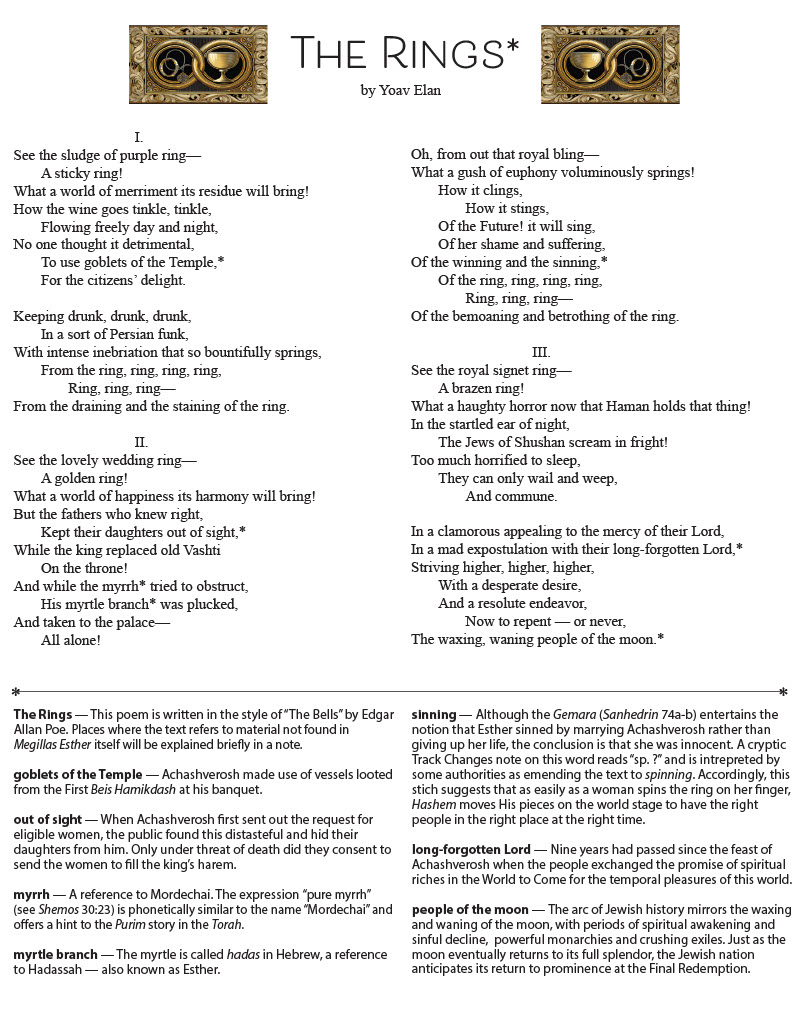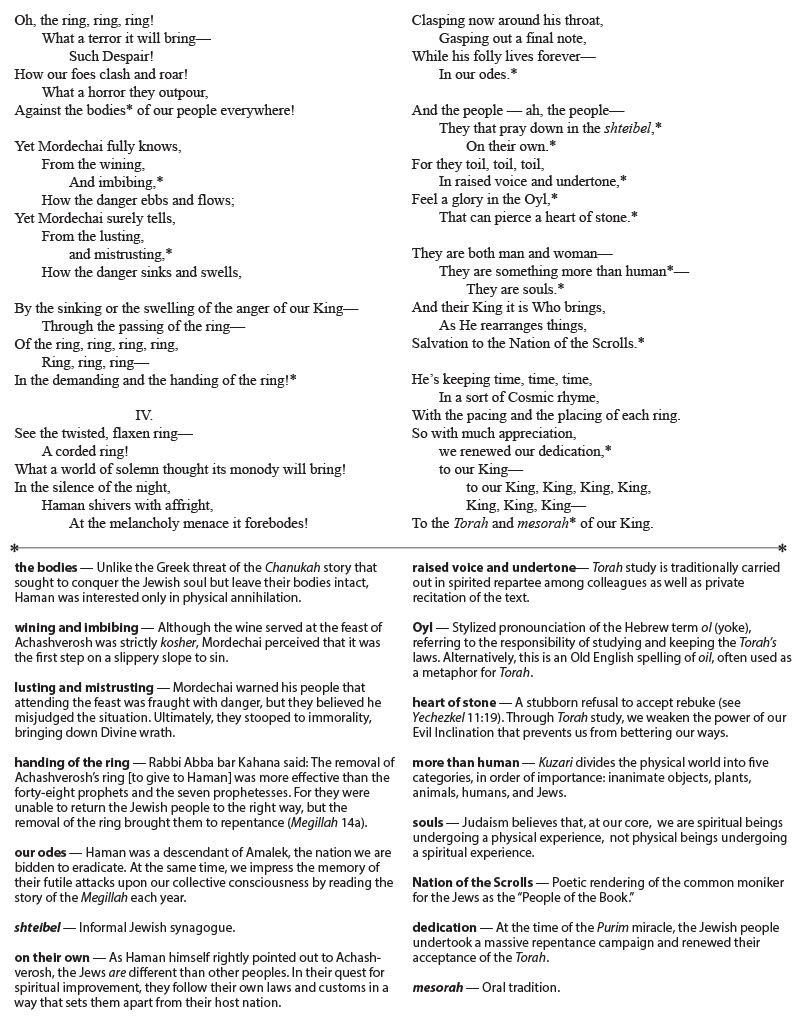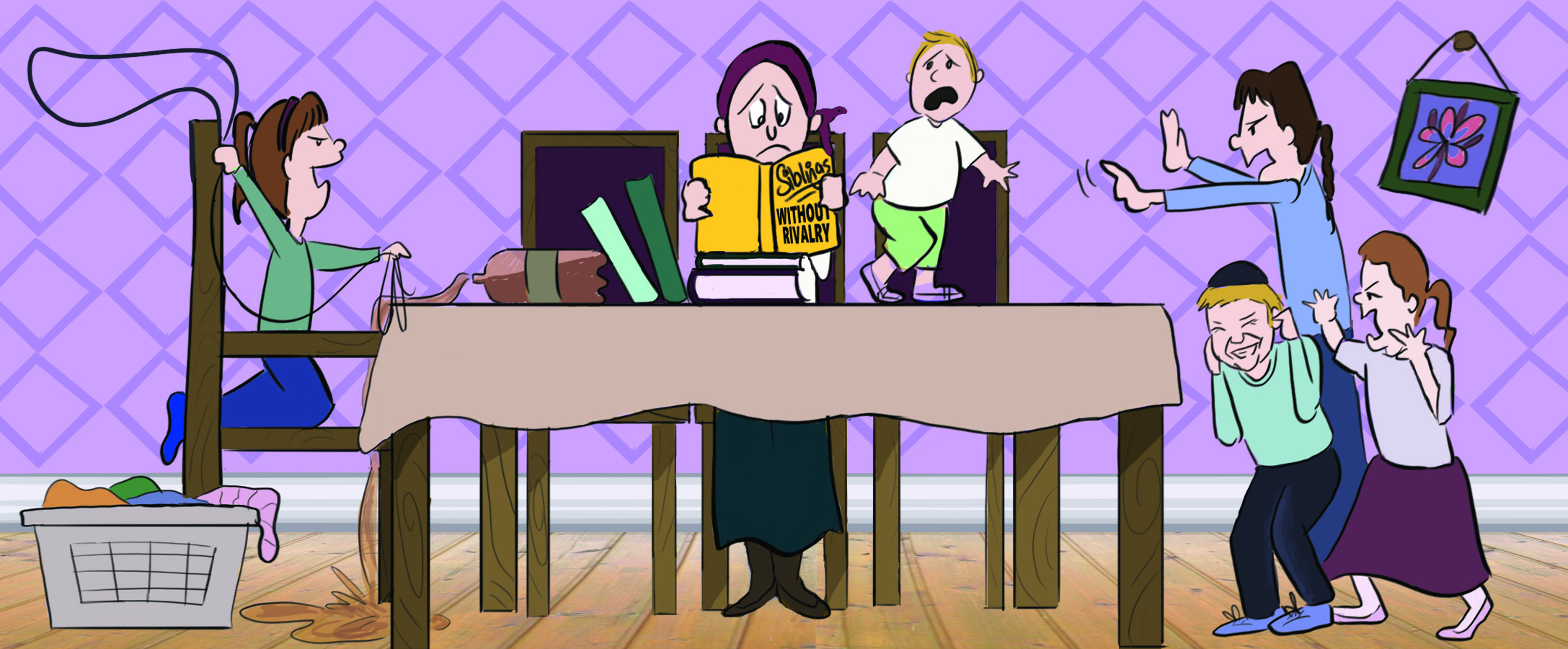Growing our Children, Growing Ourselves : How to Deal with Challenging Behavior
When you look in the mirror what do you see? You see someone who has figured out that you need eight hours of sleep to function, someone who knows to avoid Great Aunt Gertrude at family simchas so as not to be irritable for a week, someone who has learned to refuse a coworker’s request even though you might want to scream. In short, you are a person who knows how to manage anger, frustration, and hurt better than you used to.
Now look at a child. Children also feel anger, frustration, and boredom, but they haven’t yet had the chance to learn the tools to deal with these big emotions. To top it off, they are surrounded by people who think that they should already know them.
















